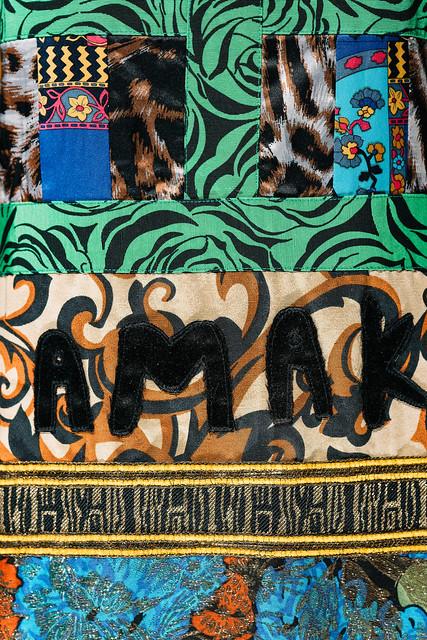Kidal
Overview
Kidal city, located in the northeastern part of Mali, serves as the capital of the Kidal Region and is a significant cultural and historical hub within the Sahara Desert. Nestled between the majestic Aïr Mountains and the vast sandy dunes, Kidal is notable for its stunning natural landscapes that contrast beautifully with its rich cultural heritage. The atmosphere in Kidal is characterized by a blend of traditional Tuareg lifestyle and the influences of modernity, creating a unique tapestry that captivates those who visit.
Culture and People
Kidal is predominantly inhabited by the Tuareg people, who are renowned for their nomadic lifestyle and vibrant cultural practices. The Tuareg are known for their intricate handicrafts, especially silver jewelry and leather goods, which reflect their deep connection to the desert environment. Visitors will find that the atmosphere is infused with a sense of hospitality, as the Tuareg are known for welcoming travelers with traditional mint tea and stories of their rich heritage. The local markets, bustling with activity, offer an array of colorful textiles, spices, and artisanal crafts, providing a sensory experience that is both engaging and immersive.
Historical Significance
Historically, Kidal has been an important center for trade and a crossroads for various cultures traversing the Sahara. The city has played a crucial role in the trans-Saharan trade routes, which facilitated the exchange of goods, ideas, and cultures for centuries. The remnants of its historical significance can be seen in the ancient structures and the surrounding archaeological sites. The Kidal region is also home to several historic sites, including the famous **Timbuktu**, which was once a thriving intellectual and spiritual center in the medieval period.
Local Characteristics
The architectural style of Kidal is distinctive, with buildings made of mud and adorned with traditional motifs. The **Kidal Mosque**, an impressive structure built with the traditional adobe technique, stands as a symbol of the city’s cultural identity. The city’s layout is somewhat informal, reflecting the nomadic roots of its inhabitants, and wandering through its streets allows visitors to experience the everyday life of the local community. The atmosphere is further enhanced by the rhythmic sounds of music, especially the soulful melodies of the Tuareg guitar, which echo through the evenings, inviting travelers to join in the celebrations.
Kidal also serves as a gateway to explore the stunning landscapes of the surrounding regions, including the **Hoggar Mountains** and the **Ténéré Desert**. Adventure seekers will find ample opportunities for trekking, camel rides, and engaging with nature, all while absorbing the profound silence and beauty of the Sahara. The starry nights in the desert are a breathtaking sight, offering a chance to connect with the vastness of the universe, making Kidal a place of both cultural richness and natural wonder.
Overall, Kidal is not merely a destination; it is an experience filled with warmth, history, and the indomitable spirit of its people. For foreign travelers seeking to immerse themselves in a world that beautifully weaves tradition with the breathtaking allure of the Sahara, Kidal presents an unforgettable journey into the heart of Mali’s cultural landscape.
Other towns or cities you may like in Mali
Explore other cities that share similar charm and attractions.



